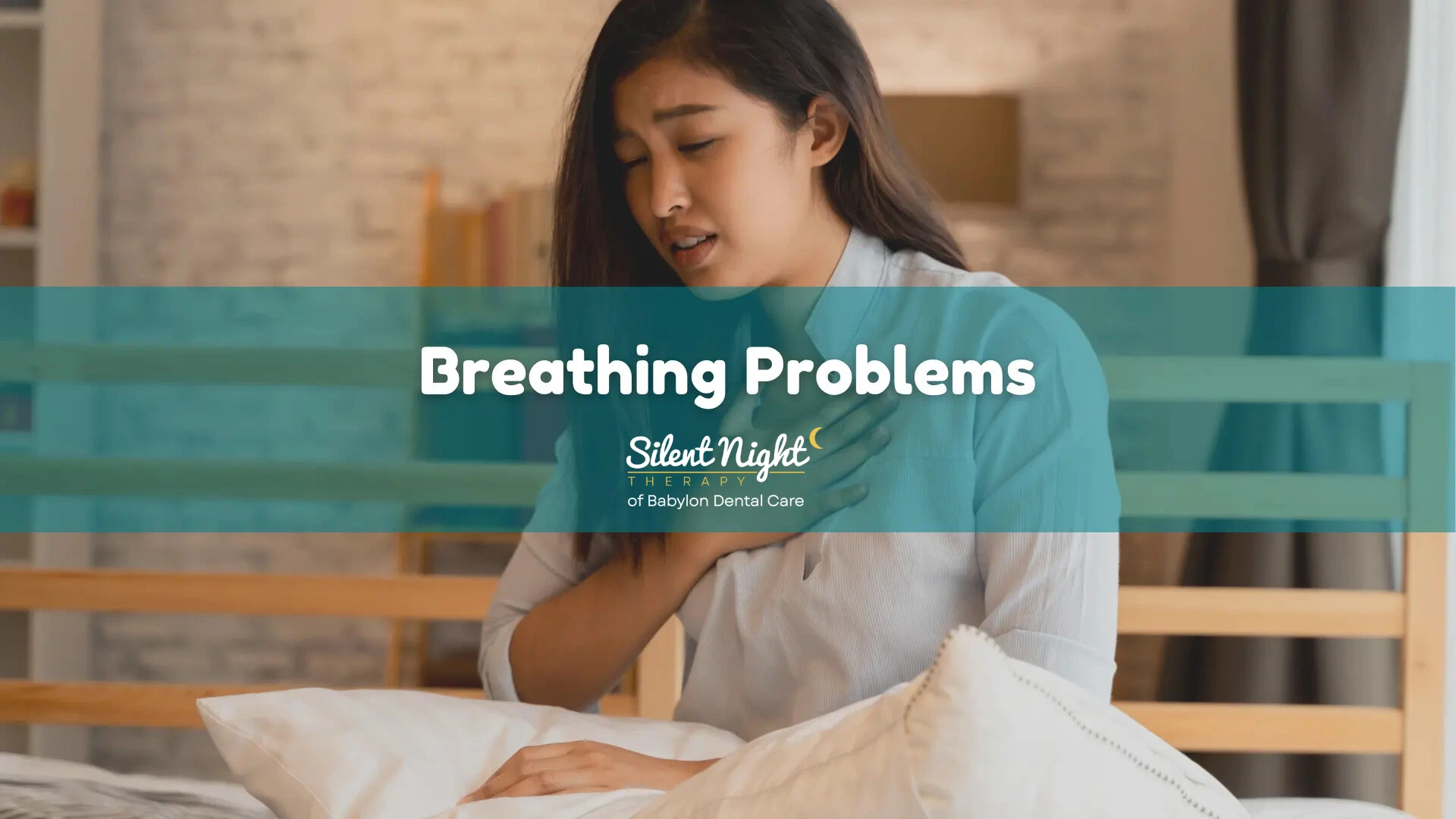Snoring is overall a fairly common problem that can affect all types of people. Occasional snoring can be an annoying problem, and can disrupt sleep to some extent, but it doesn’t always indicate a larger issue. However, if you snore often, you could be facing something a bit more serious. It’s not just your sleep quality that is being affected, it’s the sleep of your loved ones, too. If you’re a habitual snorer, read on to learn what you may be dealing with.
Snoring and Sleep Apnea
Snoring happens when the flow of air through your mouth and nose is obstructed by something. Constant snoring can be a sign of obstructive sleep apnea. Sleep apnea is a serious condition that has many negative effects, including:

Sleep apnea patients experience “apneas” at night while they’re sleeping. An apnea is an episode in which someone stops breathing briefly due to a blocked airway.
The soft tissue in the back of your throat relaxes when you’re sleeping, which causes this type of blockage. When this happens, your lungs aren’t taking in any air, despite your body’s attempts to breathe. When your brain finally realizes there is a problem, it wakes you up so you can start breathing again. As a result, sleep apnea patients suffer from chronic sleep interruptions.
Dynamic Toc TestSleep Disorder or Respiratory Disease?
Sleep apnea is a sleep disorder because it only affects you during sleep. But the World Health Organization also includes sleep apnea in its list of chronic respiratory diseases.
A respiratory disease is any disease that affects your lungs and ability to breathe. By this definition, sleep apnea is a respiratory disease. However, sleep apnea doesn’t necessarily cause other breathing problems. It is a breathing problem that only affects you during sleep.
Sleep apnea can worsen existing breathing disorders if left untreated. Interrupted breathing for any period is dangerous. This is especially true for those with sleep apnea, given how often they stop breathing each night. It is a severe condition that requires prompt diagnosis and treatment.
Ready to get started on your sleep apnea diagnosis or treatment?
Click below to select one of our three diagnosis options to help us create the right plan for you.
Take Your Three-Minute Online Evaluation
Request Your Home Sleep Test
Arrange Your Complimentary Sleep Consultation
Related posts
The Deadly Effects of Untreated Sleep Apnea
What Happens if You Don’t Treat Sleep Apnea
The Unfortunate Relationship between Obstructive Sleep Apnea and the Weather